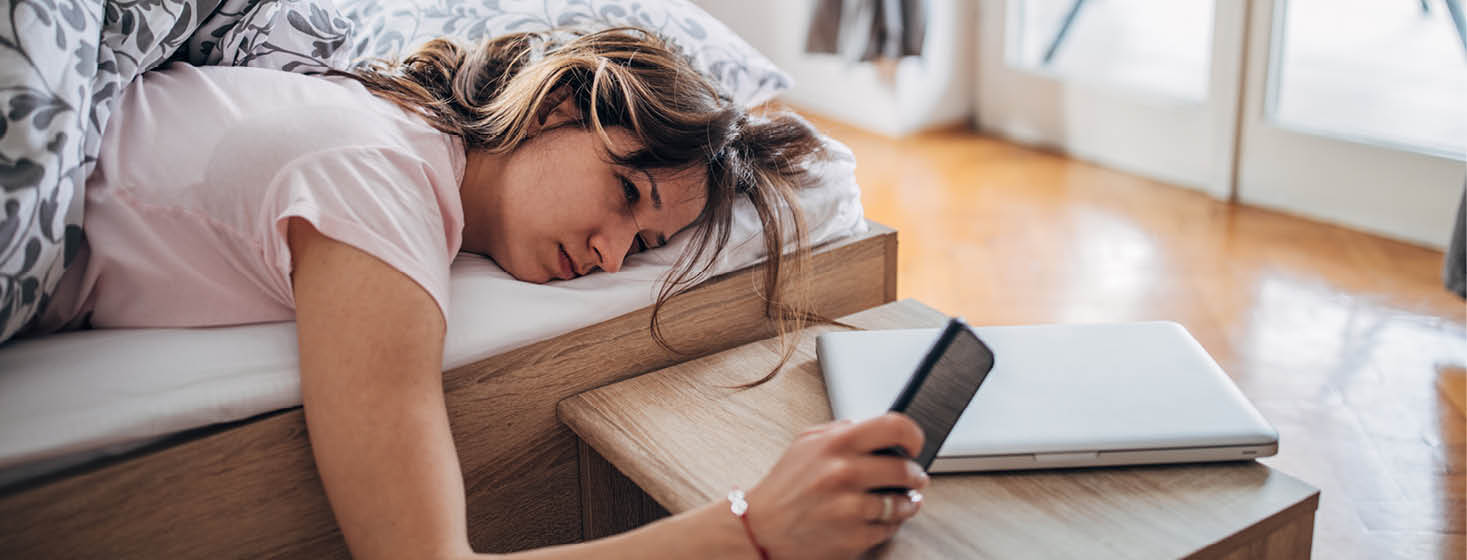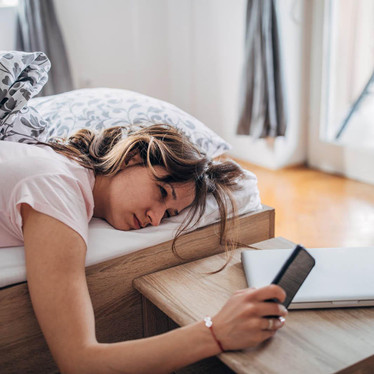
As you get older, you may feel like your body isn’t running as well as it used to. Do you have a number of seemingly unrelated symptoms that are worrying you, and that are making you feel generally unhealthy? These symptoms could include:
- Your blood pressure is up
- Your blood sugar level is high (and therefore your cholesterol and triglycerides are too)
- Your gums are inflamed
- Your current weight isn’t ideal
- Your fitness and exercise recovery is poor
- Wrinkles are starting to appear on your face – especially around your eye area, and
- Your energy levels – well – you can’t even remember what it’s like not to feel tired!
The problem might just be that you’re hungry – or more specifically, that your cells are!
When you get right to it, human beings are essentially just a collection of assembled cells. Within most of these cells are housed tiny furnaces called mitochondria. Mitochondria need to be stoked with fuel in order to create the much needed (aerobic) energy required to run all of your ‘bits and pieces’ optimally. These organelles are the source of at least 90% of the energy generated by the cell. (The rest is produced through glycolysis, which is the partial breakdown of glucose to lactic acid.) Mitochondria only supply energy to the cell in which they reside. Therefore cells with high energy demands (such as the heart, liver and kidneys) will have greater numbers of mitochondria than those with low energy demands.
You’ll be stoked with CoQ10
One way to increase the energy production in your cells is to take CoQ10. CoQ10 is a substance that is similar to a vitamin and is not only involved in energy production but also provides antioxidant activity (protecting the mitochondria from oxidative stress.)
Note: Because Coenzyme Q10 is such a mouthful to say, and because there are a number of different forms of Coenzyme Q10 (ubiquinone, ubidecarenone and ubiquinol) this substance is now simply referred to as CoQ10 (or sometimes even just Q10).
So, what’s the go with being low in CoQ10?
If our body relies so heavily on this substance to create the energy necessary to simultaneously run all the different parts of our body efficiently, then why do we seem to be running out of it as we age?
You could be deficient in CoQ10 for a number of reasons:
Diet
- You’re not eating enough of the right types of food to provide you with this substance. CoQ10 is naturally found in high levels in organ meats such as liver, kidney, and heart. (This makes sense, given that these are the same organs in our own bodies where you find the majority of CoQ10.)
- You may not be eating all of the necessary minerals, vitamins and amino acids required to make CoQ10 from your diet (our body is able to synthesise this substance).
Wear and tear
Long-term damage to our cell membranes and DNA caused by environmental toxins like UV light, radiation, smoking and industrial pollution, can eventually cause our cell function to deteriorate. This means that:
- Our tissue levels of ubiquinone decline
- Our body’s ability to convert the different forms of CoQ10 declines
- Our mitochondrial numbers decrease and/or become dysfunctional
Miscellaneous
- Some commonly prescribed medication such as Metformin, statins and certain types of hypotensives deplete CoQ10 in your body.
Life can recommence at 40
You can help to stave off ageing – by feeding your cells, and energising your body! Additionally to taking CoQ10, you can also work to improve the health of your actual mitochondria. You can do this by:
Increasing mitochondria numbers
Perform regular exercise, and don’t eat calorie-rich, nutrient-poor food. You can also use certain phytochemicals like resveratrol, and take nutrients like calcium & magnesium.
Fully protecting mitochondria from free radical damage
Minimise your exposure to environmental toxins, and take key antioxidant nutrients in conjunction with CoQ10 such as vitamins A, C, E, selenium and zinc.
Making mitochondria more energy efficient
Use ‘energy nutrients’ in conjunction with CoQ10 like carnitine, B-group vitamins, and magnesium.
Lisa Fitzgibbon, Naturopath & Medical Herbalist
Lisa Fitzgibbon is a qualified (2006), experienced and registered Naturopath + Medical Herbalist. She draws on her professional training + experience, as well as her own personal experience to bring you realistic, holistic health advice. Lisa writes the popular health blog: www.lisasaid.so.
BioBalance produce a range of CoQ10 in softgels, liquid or vegecaps: CoQ10 150mg in Flaxseed Oil, Liposomal CoQ10 and CoQ10 160mg. Buy them now from our secure online shop.
We’d Love Your Feedback
Do you take CoQ10? If yes do you have any experiences you would like to share?
What do you do when you need an energy burst?

